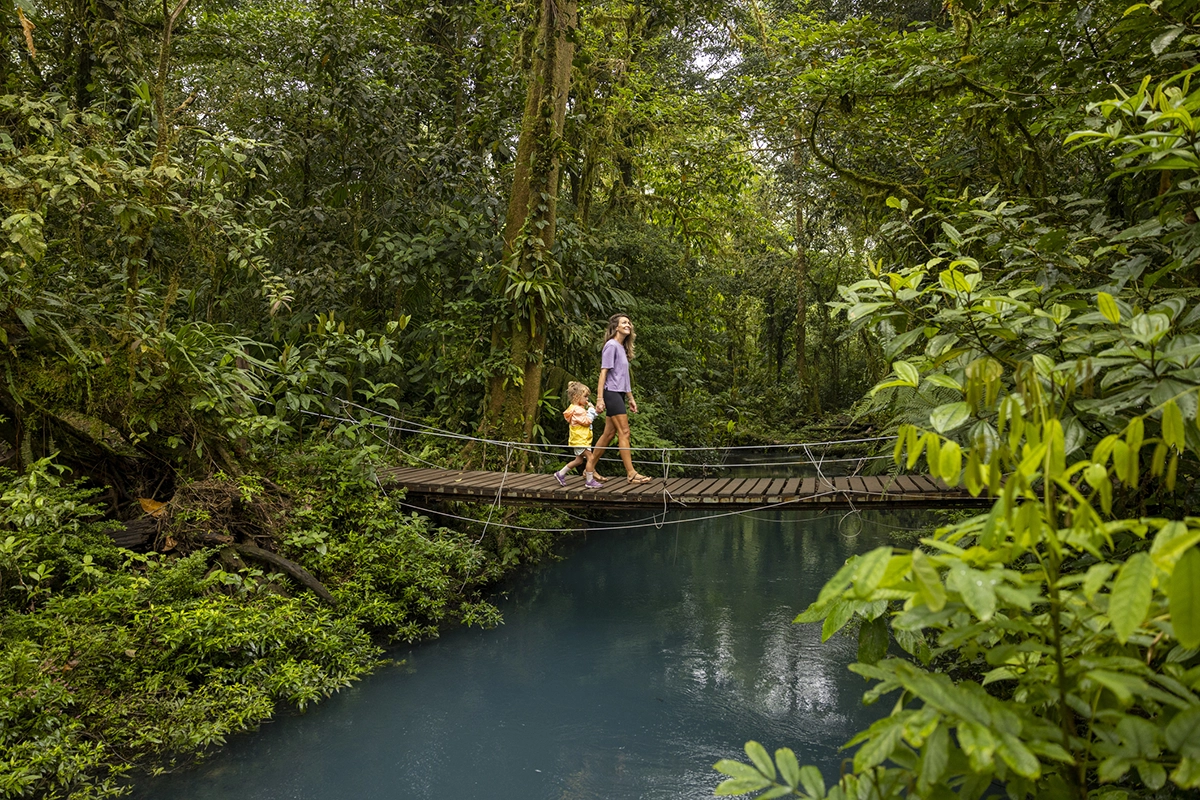Travel Intelligence Report

Travel Intelligence Report

This report leverages CJ's comprehensive travel sector data to explore how the travel industry has met evolving traveller preferences in the post-pandemic era. By analysing trends in bookings, travel duration, top destinations, and more, we uncover valuable insights into where the industry has been and, more importantly, where it's headed in 2024.
The Travel Intelligence Report leverages CJ's unparalleled global network data and advanced programme integrations to deliver sector-specific and category-level booking data. This comprehensive report offers visibility into traveler demand, spanning from 2020 to the latest booking patterns in 2023. Growth rates within the report are calculated using booking data for active travel programmes within the CJ network. Additionally, our interactive charts empower you to explore the data with ease, allowing for flexible viewing, filtering, and downloading of key findings.Dig into the Data & Insights
Travel Transformed
Learn moreBooking Trends
Learn moreConsumption Rates
Learn moreTop Destinations
Learn moreFuture Bookings
Learn moreKey Takeaways
Learn moreBooking Value: Pricing Cools
Overall booking value across major lines of business—air, car, hotel — declined slightly (-1%) YOY in 2023. This trend can be attributed to a significant double-digit percentage decrease in car rental costs, and despite a 15% YOY increase in airfare booking value. The average costs for travel booked greater than 3 months out in 2023 was $850 compared to $884 in 2022.
Lead times also played a role in booking value. Bookings made closer to travel dates (with shorter lead times) saw a 4% YOY increase in average order value (AOV). Conversely, bookings made 6-12 weeks ahead of travel experienced a -2% YOY decline. This shift likely reflects a normalisation of hotel and car rental costs following post-pandemic highs.
Mobile Values
Travellers consistently book trips with higher value when using desktops compared to mobile devices. This difference is particularly significant for airfare bookings. In 2023, the value of airfare booked on desktops was 40% higher than bookings made on mobile devices. Overall, booking values on desktops remain 15% higher than on mobile.
Longer Trips
The average travel duration increased by 7% last year. This trend was driven primarily by air travel, which saw the most significant increase in duration, rising 25% YOY to an average of 3.0 days.

Robust Tracking
The travel industry is facing a wave of privacy regulations and browser policy changes that impact how you track, store, and share traveller data. Staying compliant requires a proactive approach, particularly when it comes to tracking.
The deprecation of third-party cookies demands a shift towards first-party data ownership. This empowers you with accurate attribution, optimised travel campaigns based on data insights, and transparent partnerships with travel affiliates through clear tracking processes.
Think of robust tracking as the cornerstone of successful travel marketing partnerships, akin to defining campaign goals. Reliable tracking helps you understand travellers' browsing behaviour and booking preferences, optimise marketing spend based on data, and even offer personalised travel packages based on traveller behaviour – all crucial aspects for maximising your return on ad spend.
CJ understands the importance of adapting to the changing privacy landscape in the travel industry. CJ's Universal Tag solution addresses these challenges by providing future-proof tracking that remains effective despite evolving regulations. It seamlessly integrates with your website, maintaining a positive user experience, while prioritising solutions that enhance the online travel booking journey for your customers.
By working with a reliable tracking partner like CJ, you can ensure accurate data capture, optimise travel campaigns for better results, and strengthen partnerships even as privacy regulations change.

Measure Influence
Social media has become a powerful tool for travel discovery, with viral trends and trusted creators heavily influencing traveller inspiration. Despite recognising this influence, the travel industry struggles to accurately measure the ROI of influencer marketing campaigns.
Travel brands can bridge the gap between influencer content and internal success metrics by moving beyond simply measuring social media engagement. Analysing a creator's influence across all marketing channels is crucial. This allows brands to understand their impact on the entire travel booking process, from sparking inspiration all the way to booking.
Reporting tools like CJ's Affiliate Cross Channel Journey and Affiliate Customer Journey can be a game-changer. It helps brands understand which influencers enter the purchase journey early, which contribute to destination research, and which drive users towards booking. This granular data provides valuable insights into the effectiveness of influencer partnerships.
The affiliate marketing channel offers a unique advantage: comprehensive tracking across all channels and throughout the customer journey. It acts as a powerful junction, merging social data with performance metrics. CJ Influence offers a comprehensive influencer marketing solution, encompassing discovery, management, tracking, and analysis. By adapting to the evolving influencer landscape and fostering strong collaborations, travel brands can build powerful connections and maintain trust with their target audience. This, in turn, translates to a measurable ROI for influencer marketing campaigns.

Dupe Travel
Travellers are embracing a new trend called "dupe travel" in response to rising costs and overcrowded destinations. This involves seeking out lesser-known locations offering similar experiences or amenities to popular tourist spots, often at a lower price. It allows travelers to avoid postponing trips or dealing with limited availability and high costs in popular destinations. This trend could also help alleviate pressure on heavily touristed locations, especially as cities like Bali and Venice implement tourist taxes and entrance fees in 2025. Beyond cost savings, some travelers are strategically choosing alternative destinations due to better hotel and flight options during peak seasons, particularly when popular spots become overcrowded.
Travel marketers can capitalize on the dupe destination trend by tailoring promotions to attract travelers seeking unique experiences. Within the affiliate channel, collaborating with content creators like influencers and content commerce publishers is key. Their blog posts, articles, and social media content can resonate authentically with travelers increasingly mindful of both budget and environmental impact. As the affiliate marketing channel now includes major media publishers and influencers, developing an affiliate content strategy allows you to feature these lesser-known locations, highlighting their unique cultural experiences, hidden attractions, and stunning natural beauty.